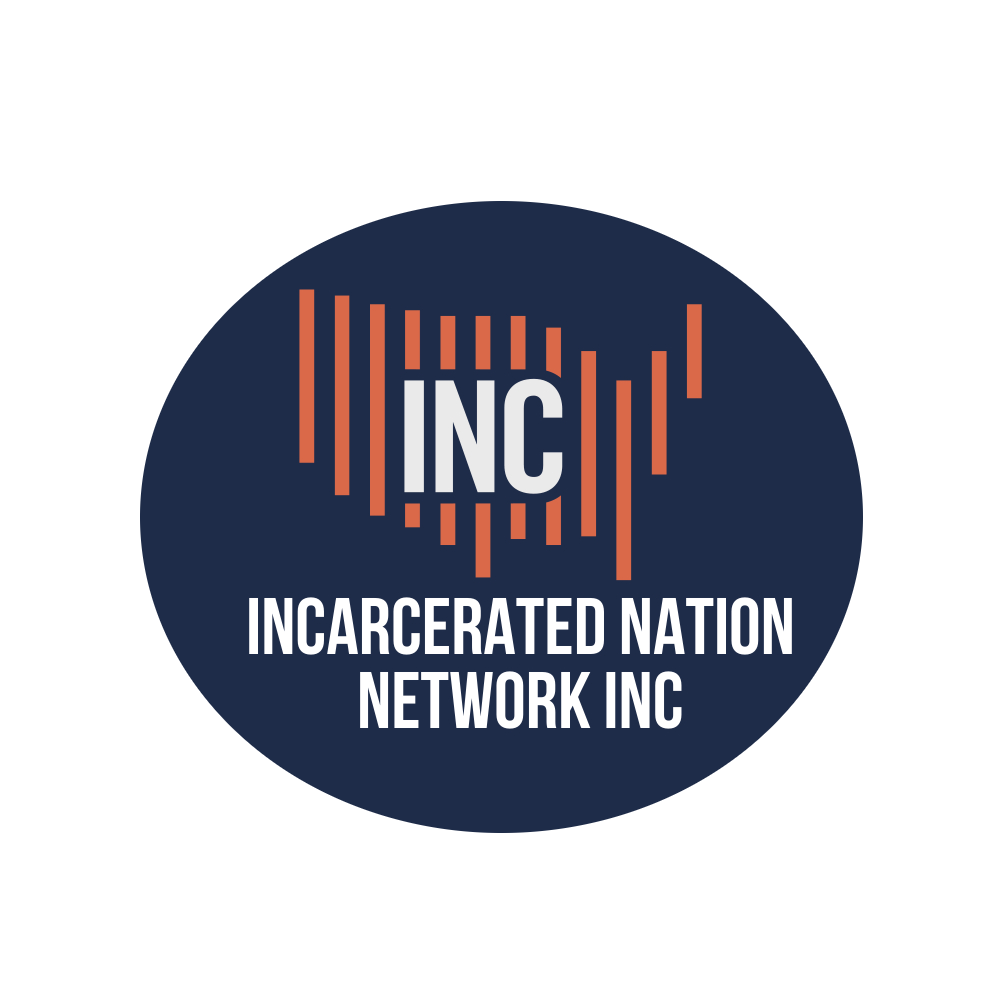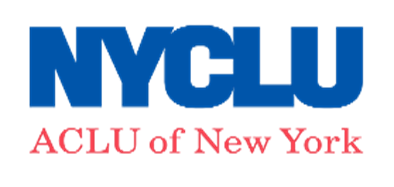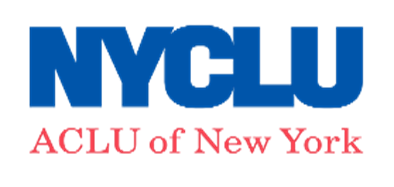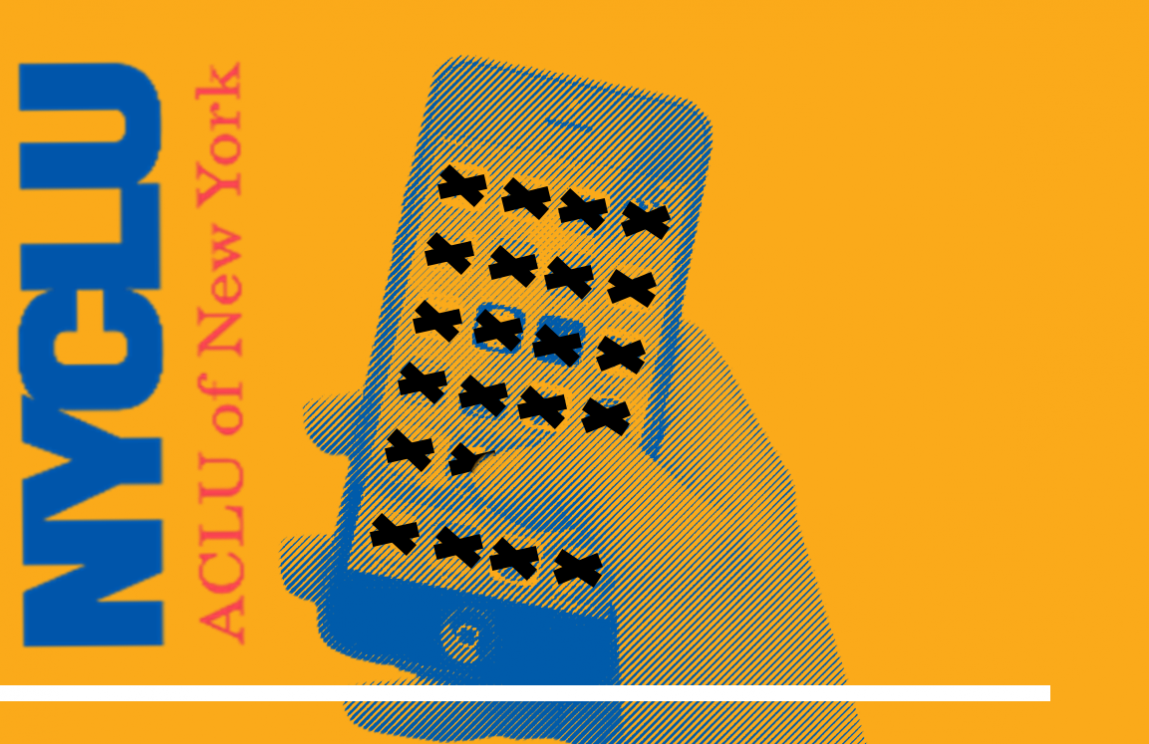
As a Alliance of organizations the Incarcerated Nation Network has a collective of publications, tools & organizational benefits that serve those incarcerated, previously incarcerated and their families. all resources compiled here are Free and offered to those directly impacted. this is a living growing ongoing effort. if you feel your organizations resources should be listed please fill out the Abolition Alliance membership form or Email us directly at IncarceratedNationNetwork@gmail.com
#StruggleTogether #FightTogether
2268 3RD AVENUE ,NEW YORK, NY, 10035, UNITED STATES (917) 492-0990 INFO@ETCNY.ORG
If You Just Came Home there is walk in service at Exodus Daily :
Hello, welcome to Exodus!
To get started, you can make an appointment with an Exodus staff member HERE, or visit our locations page if you prefer to come directly to our office. During our meeting we’ll discuss your needs — any mandates you have to comply with, any resources you need, and then together we’ll design a personalized plan just for you. We do our best to provide you with the support and guidance you need to be successful, and make sure you have the basic necessities along the way — transportation assistance, hot meals, clothing for job interviews, and more. We’re so excited to join you on the journey — welcome home.
Long Island City (Main Office) 29-76 Northern Boulevard
Long Island City, NY 11101(212) 691-7554
info@fortunesociety.org
Fortune Society offers services for returning Citizens & those directly impacted by incarceration: Our vision is to foster a world where all who are incarcerated or formerly incarcerated will thrive as positive, contributing members of society. We believe in the power of people to change. We help individuals with justice involvement rebuild their lives, through innovative services and advocacy. The Fortune Society’s mission is to support successful reentry from incarceration and promote alternatives to incarceration, thus strengthening the fabric of our communities.
Our Services During COVID-19: Resources page from Fortune Society
We are committed to ensuring the safety of our clients, staff and volunteers and continuing to provide key services until the COVID-19 emergency subsides. Although our services in Long Island City are closed, we will instead provide most services remotely.
The Brennan Center for Justice at New York University School of Law is a non-partisan public policy and law institute that focuses on fundamental issues of democracy and justice. Our work ranges from voting rights to redistricting reform, from access to the courts to presidential power in the fight against terrorism. A singular institution – part think tank, part public interest law firm, part advocacy group – the Brennan Center combines scholarship, legislative and legal advocacy, and communications to win meaningful, measurable change in the public sector
New York’s criminal disenfranchisement provisions, like those deployed in the South, were part of a concerted effort to exclude African Americans from participating in the political process. As African Americans gained freedom with the gradual end of slavery, New York’s voting qualifications – including criminal disenfranchisement laws – became increasingly more restrictive. A careful reading of New York’s constitutional history reveals that at the very time that the Fourteenth and Fifteenth Amendments forced the state to remove its nefarious property requirements for African-American voters, New York changed its law from allowing to requiring the disenfranchisement of those convicted of “infamous crimes.”
Communities United for Police Reform (CPR) is an unprecedented campaign that is working to end discriminatory policing in New York. We are advancing policies that protect the safety and rights of all New Yorkers to create true community safety. We are in the courts fighting to hold police accountable for violating New Yorkers' constitutional rights. We are training communities to know their rights and to observe and document police abuse. We engage in strategic direct action, organizing and civic engagement to build the power of communities most impacted by abusive policing. And we are in Albany and at City Hall demanding law and policy changes that advance police accountability to improve safety for communities.
Welcome to CPR's resource collection where you'll find tools and resources, such as videos, websites and reports, that cover a range of topics relevant to our campaign to end discriminatory and abusive policing.
The first step in protecting your rights is knowing them! CPR has developed a brief booklet to help New Yorkers of all backgrounds understand their rights when interacting with the police. Print copies are available through CPR member groups, or you can download it here.
The New York Civil Liberties Union (NYCLU) is one of the nation’s foremost defenders of civil liberties and civil rights.
Founded in 1951 as the New York affiliate of the American Civil Liberties Union, we are a not-for-profit, nonpartisan organization with eight chapters and regional offices, and more than 160,000 members across the state. Our mission is to defend and promote the fundamental principles and values embodied in the Bill of Rights, the U.S. Constitution, and the New York Constitution, including freedom of speech and religion, and the right to privacy, equality and due process of law, with particular attention to the pervasive and persistent harms of racism.
WHAT TO DO IF YOU'RE STOPPED BY THE POLICE Interacting with police can be stressful, and these situations can quickly escalate. It's important to know your rights and what an officer can legally require of you in these encounters. The following info tells you what to do if you are stopped, questioned, arrested, or injured in your encounter with the police and how to file a complaint. Updated November 2019
In New York, you CAN vote with a criminal record if you:
were convicted of a misdemeanor; or
are on parole; or
are on probation; or
were not sentenced to prison or had your prison sentence suspended; or
served your maximum prison sentence; or
were pardoned.
VOTING WITH A CRIMINAL RECORD: As a rule, you can vote while in jail for a misdemeanor or while you are on probation. As of May 2021, all New Yorkers who are incarcerated after a felony conviction have their voting rights immediately and automatically restored upon release from prison, whether or not they are on parole. You do not need any special documentation to register to vote.
New Yorkers over the age of 21 are now legally allowed to possess up to three ounces of cannabis and up to 24 grams of concentrated cannabis (like oils and edibles) in public. It’s also now legal to share that same amount with another person over the age of 21 so long as there’s no compensation.
On March 31, 2021, the Marijuana Regulation and Taxation Act (MRTA) was signed into law. As of that date, it became legal for New Yorkers over the age of 21 to possess and use cannabis recreationally. The MRTA is the nation’s most comprehensive policy to legalize, tax, and regulate cannabis with an equity and racial justice framework, but there are still some important things New Yorkers need to know in order to protect their rights. The following info explains what’s legal, what’s still prohibited, and what to expect now that the MRTA has become law.
KNOW YOUR RIGHTS: Returning home from prison or incarceration is a scary thing, having to adjust to using a device that you never used or seen before can leave you vulnerable to having your sensitive information attacked. here are some suggestions from NYCLU Five ways to protect your cell phone. if your a returning citizen and need assistance contact us at INFO@incarceratednation.org were here to help














